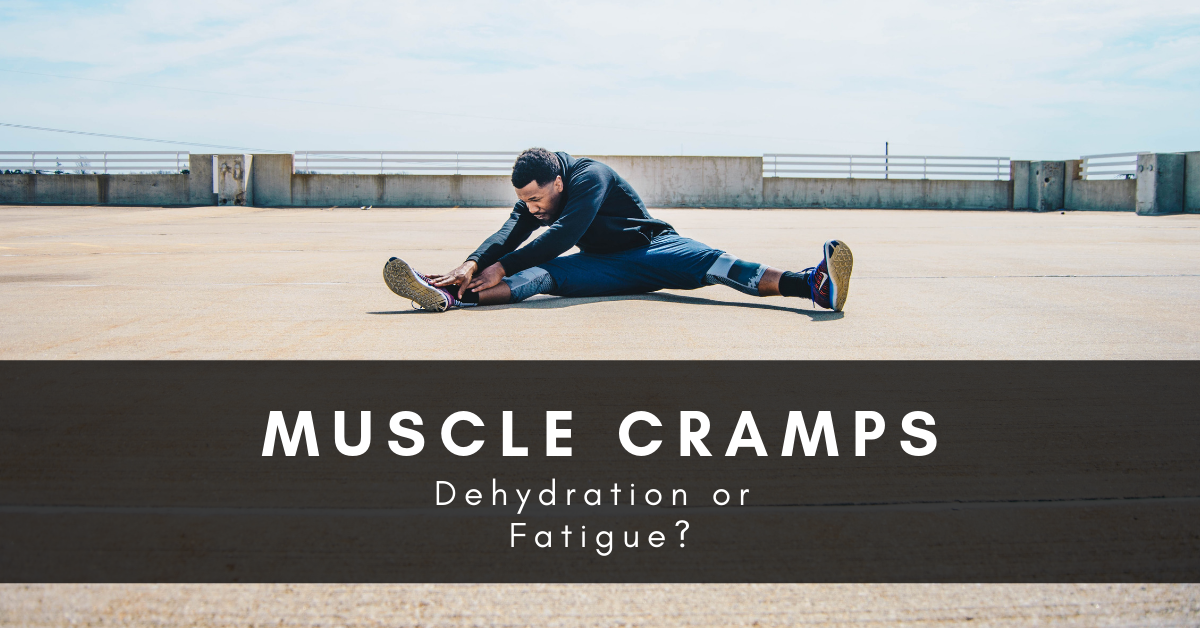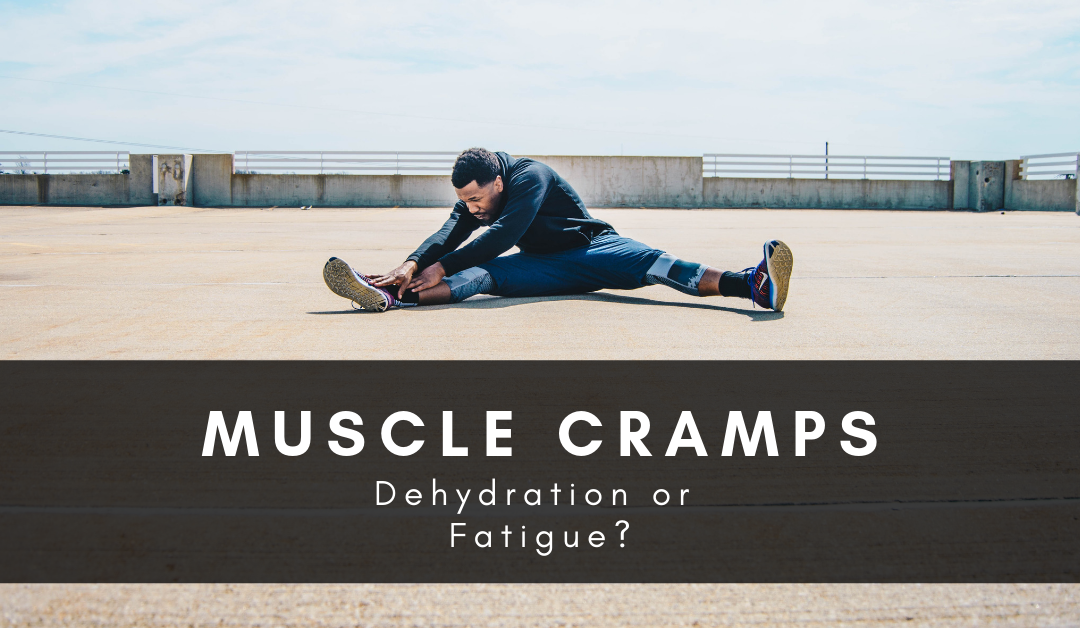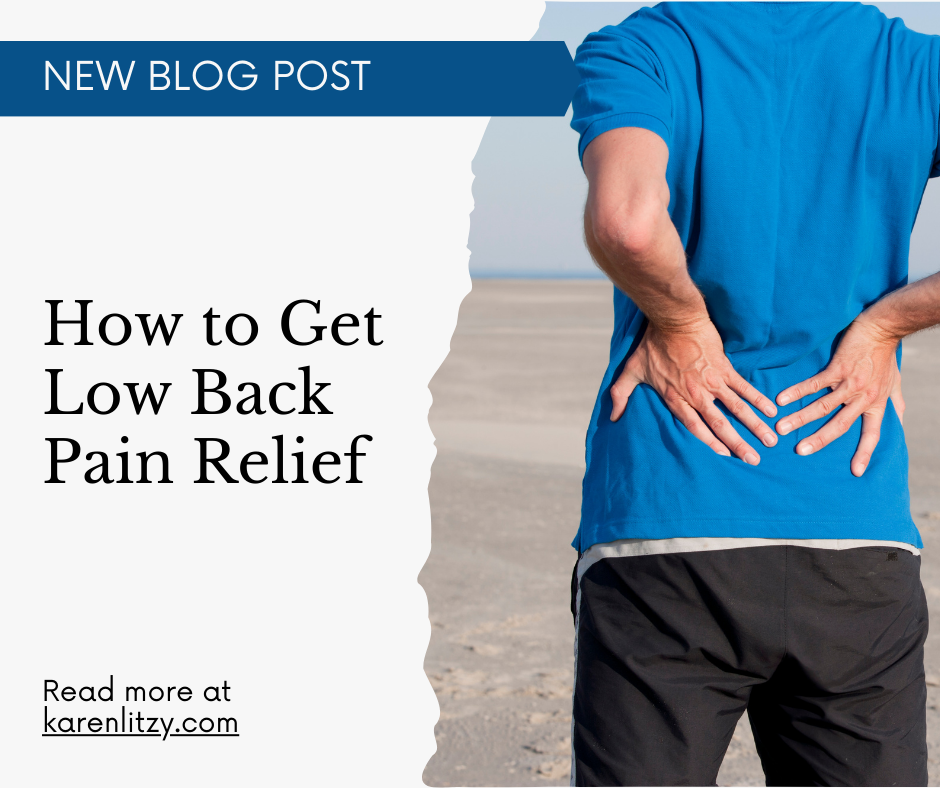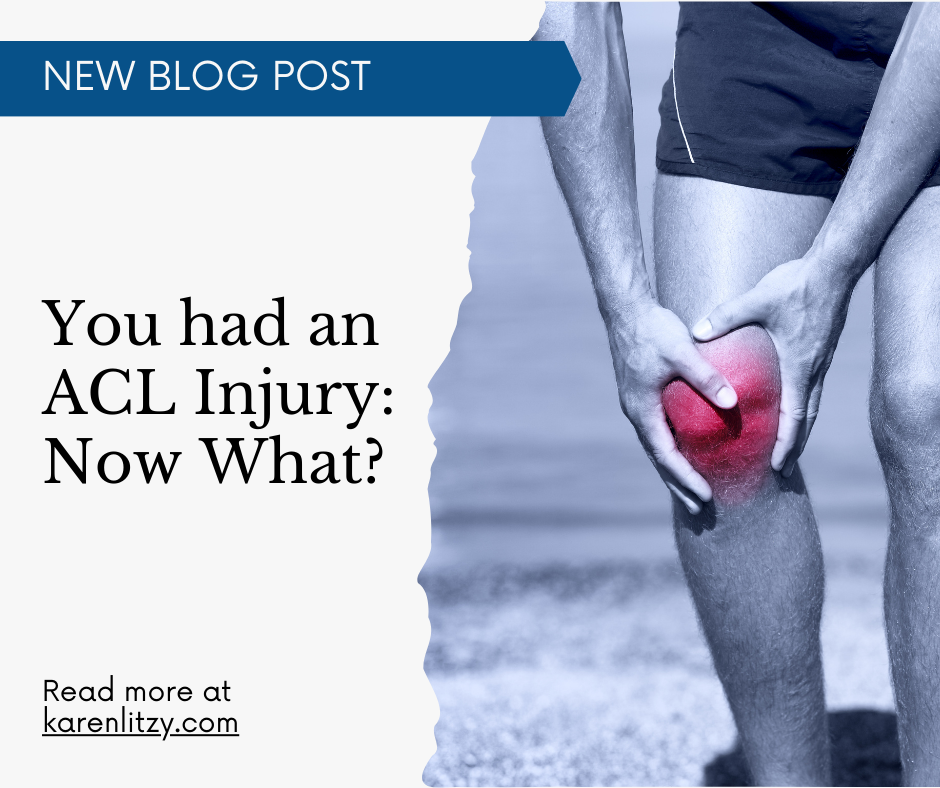
Have you every had a “charley horse”?
A painful muscle spasm that can really stop you in your tracks. These cramps can impair athletic performance, cause some serious soreness (sometimes lasting up to 8 hours!) and are just plain frustrating.
Despite how common cramps are, there isn’t a whole lot of solid science telling us what the cause of exercise-associated muscle cramping is.
Dehydration and electrolyte loss (those special minerals like sodium and magnesium that are important to keep your body functioning properly) are probably the most popular reasons people associate the cause of cramps. The basic idea is that as you exercise and sweat, you lose important fluid and electrolytes (particularly sodium) which disrupts the normal functioning of your nervous system and muscles, causing some sudden cramping.
In line with this theory, to prevent cramps you’ve probably heard advice like:
-
Drink a Gatorade during the game.
-
Eat a banana so you don’t cramp up.
Unfortunately, despite how common the dehydration and electrolyte loss theory is, there isn’t a whole lot of evidence that supports it.
So what might be the reason for these frustrating cramps?
Recent research has challenged the dehydration and electrolyte loss theory of muscle cramps and suggests that fatigue might play a larger role. A 2012 study published in the British Journal of Sports Medicine took a look at the risk of cramping before and after intense exercise that caused significant dehydration and electrolyte loss.
What they found was:
Significant and serious dehydration with moderate electrolyte loss did not actually affect the individual’s susceptibility to muscle cramps.
What the authors concluded was:
Fatigue is likely a more relevant cause of muscle cramps.
It is thought that as muscles fatigue, this fatigue disrupts special sensors in muscles and tendons (called Golgi tendon organs and muscle spindles). The special sensors’ ability to control the contracting and relaxing of muscles is disrupted, resulting in a cramp.
With these results in mind, it makes more sense to address issues with strength, conditioning, and control in order to prevent the occurrence of cramps rather than solely focusing hydration.
Though that is not to say that proper hydration isn’t important for other aspects of function and performance!
As always, more research is needed to confirm muscle fatigue and altered neuromuscular control as a more sensible reason for muscle cramps.
But the available research out there does challenge the idea that cramping is a result of dehydration and electrolyte loss.
Have you been having trouble with muscle cramps during exercise or sport? Karen and I would love to help. Contact us today to discuss issues that might be contributing to your muscle cramps and how physical therapy can help keep cramps at bay.



